Why the Keto Diet Plan is the Best Way to Lose Weight?
Why the Keto Diet Plan is the Best Way to Lose Weight?
One of the most popular diet plans right now, the keto diet plan has been shown to be incredibly effective for weight loss. The idea behind it is pretty simple: by cutting down on carbs, your body starts burning fat instead, which leads to weight loss and other health benefits like reduced blood sugar levels and lower cholesterol.
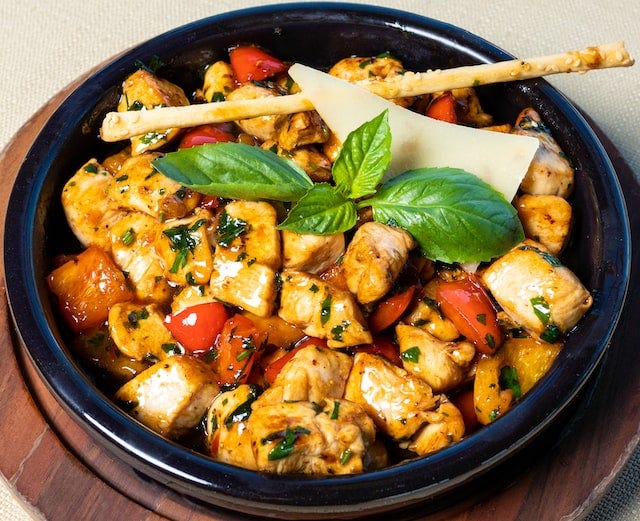
What is the Keto Diet?
The keto diet plan is a low-carb, high-fat eating plan. It’s been used since the 1920s as a way to treat epilepsy and can be great for weight loss too. When you follow this eating plan, you restrict carbs and sugar so your body switches from using glucose as its main energy source to fat, which is broken down into ketones. Ketones are molecules produced by the liver when fats are not available. As they build up in the body, they become an alternative fuel source, causing rapid weight loss.
When it comes to losing weight fast on any type of diet, hunger is usually the biggest problem people face. People who follow the keto diet, however, have lower levels of ghrelin (the hormone that triggers hunger) circulating throughout their bodies because they’re restricting carbohydrates. They also have more than twice as much adiponectin (a protein that helps regulate metabolism), which reduces insulin levels in the bloodstream and increases fatty acid breakdown rates — allowing them to lose weight fast
The Success of the Ketogenic Diet
The ketogenic diet, sometimes referred to as keto, is a popular low-carb, high-fat diet that is used primarily for weight loss. The goal of this diet is to get your body into a state called ketosis. Ketosis happens when your body burns fat instead of carbs for energy. When you’re in ketosis, you’re said to be in nutritional ketosis.
Ketogenic diets can produce rapid weight loss and reduce hunger pangs better than other types of diets. If you want to learn more about how many calories should I eat to lose weight, I recommend reading our blog post on Weight Loss: How Many Calories Should I Eat? And What’s A Typical Day On The Keto Diet For Beginners?
The answer to the question of How many calories should I eat? It will depend on how much weight you need to lose and if there are any health issues that might prevent you from being able to do strenuous physical activity. To find out what’s right for you, contact your physician or consult with a registered dietician.
A Ketogenic Food List and Sample Menus
The keto diet encourages healthy fats, protein, and low-carb foods. The best way to lose weight with this diet plan is by limiting your carbohydrate intake. Consuming less than 10% of your daily calories from carbohydrates will put you into ketosis, a state in which your body uses fat for energy instead of carbs. The best way to figure out what percentage of carbs you should eat per day is to calculate your daily caloric needs and multiply them by 0.4 or 0.5 for most people. For example, if you need 2000 calories each day, you’d limit yourself to 400 grams of carbohydrates (or 1200 grams).
The food list below has several examples of foods that are on the keto diet food list and some simple meal ideas:
Eggs:
Eggs include heart-healthy unsaturated fats and are an excellent source of essential nutrients such as vitamin B6, B12, and D
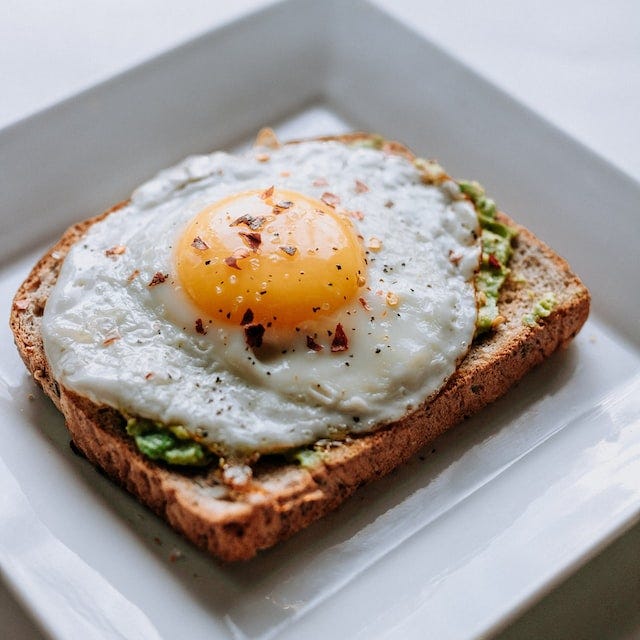
Fish:
Fish is high in omega-3 fatty acids, vitamins D and B2, calcium and phosphorus, and minerals such as iron, zinc, iodine, magnesium, and potassium.
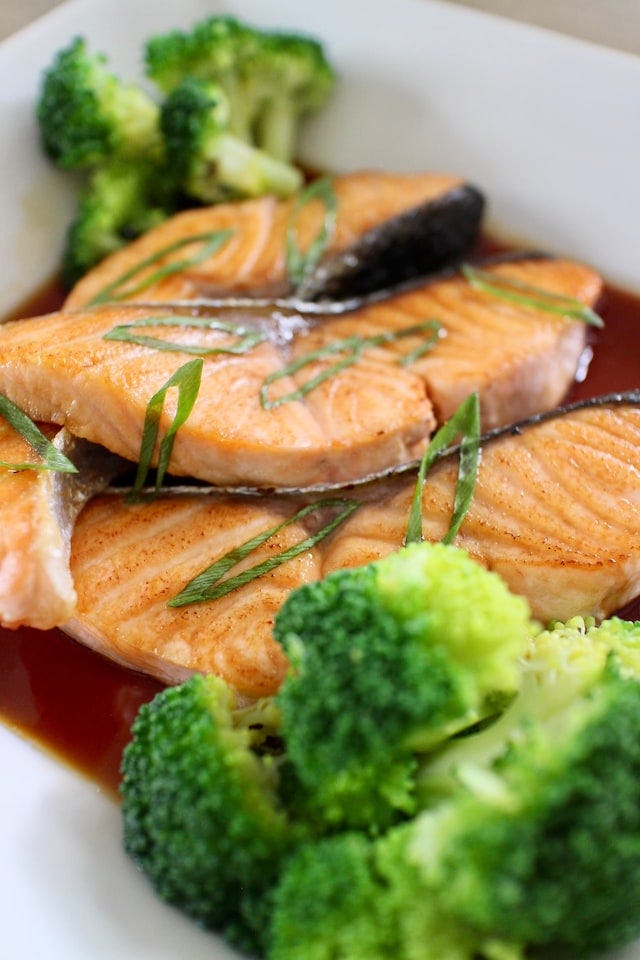
Avocados:
Avocados include vitamins C, E, K, and B6, as well as riboflavin, niacin, folate, pantothenic acid, magnesium, and potassium.
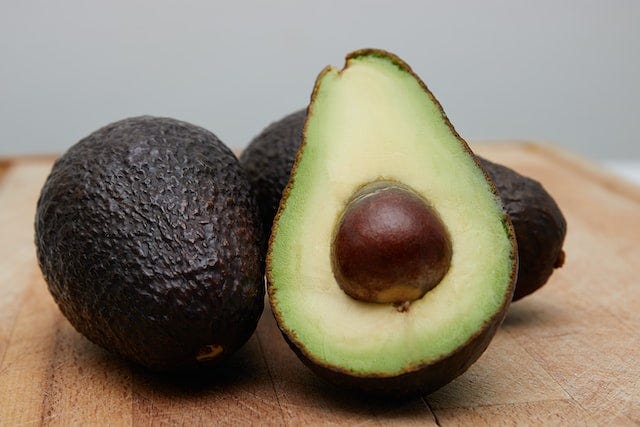
Meat:
Protein-rich meats include chicken, lamb, and beef. Red meat contains iron, zinc, and B vitamins. Meat is a major source of vitamin B12 in the diet.
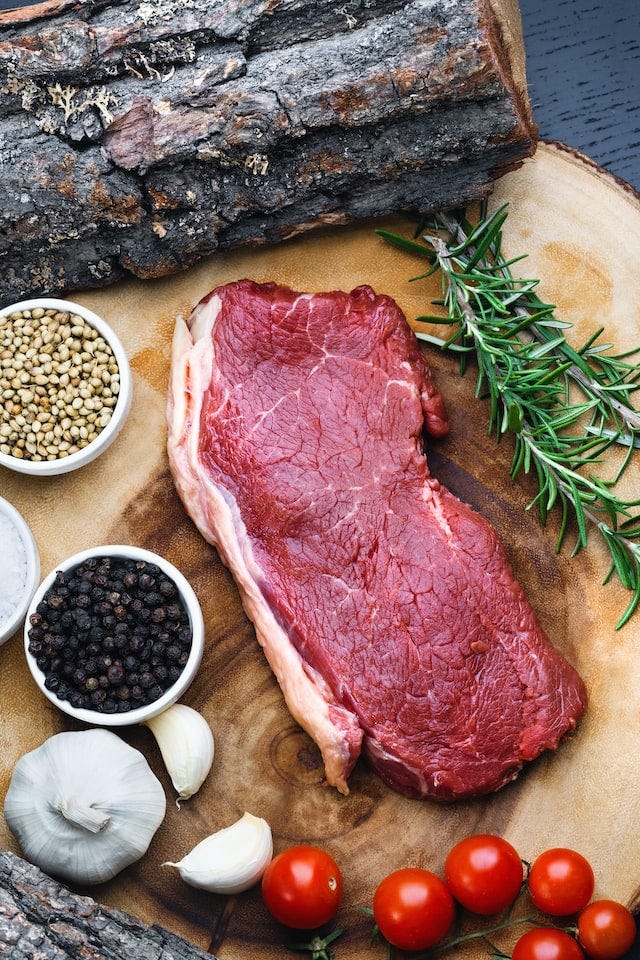
Addressing Common Questions about Starting a Ketogenic Diet
What are the benefits of the keto diet? The keto diet is a high-fat, low-carbohydrate diet that turns your body into a fat-burning machine. It’s not just about weight loss, either, as it has been shown to improve mental clarity and focus. How many calories should I eat on keto? To lose weight, you must create a calorie deficit by eating less than your total daily calorie expenditure. And because your metabolism slows down when carbs are reduced, this can be an effective way to lose weight fast. There are three ways to start a ketogenic diet: Low Carb, Moderate Carb, and High Protein — with all three being successful for weight loss.
Supplements, Macronutrients, and Additional Concerns
A keto diet, sometimes called a ketogenic diet, is a very low-carbohydrate, high-fat diet that shares many similarities with the Atkins and low-carb diets. The main difference between keto and other low-carb diets is that on a keto diet, you eat less than 20 grams of carbohydrates per day. The ultimate list of keto diet foods includes meat, fish, eggs, nonstarchy vegetables like leafy greens and broccoli, nuts, seeds (such as chia seeds), and healthy fats like avocado or coconut oil for cooking.
It’s also recommended to drink lots of water if you’re following the keto diet plan because your brain cells need hydration to function properly.
Learn More About Keto Diet ( Free Video )
Affiliate Disclosure: This article contains affiliate and promotional links that you may find useful. If you buy a product featured here, I may earn an affiliate commission or other compensation at no extra cost to you. Thanks for your support!
Comments
Post a Comment